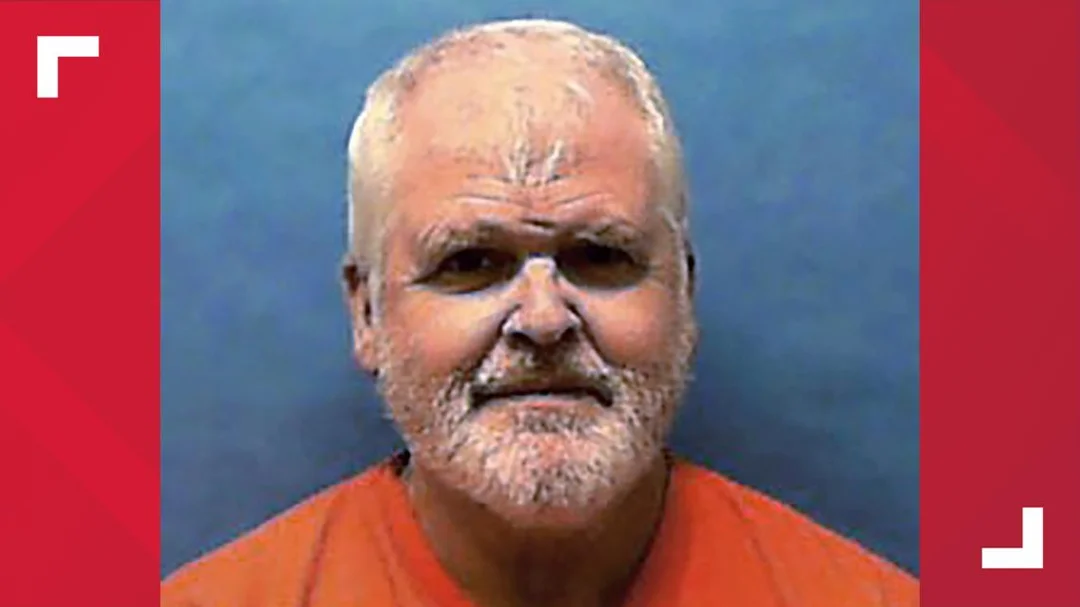
What Led to This Heartbreaking Execution: A Veteran’s Tragic Downfall?
In a case that raises profound questions about justice, mental health, and war's lingering scars, Florida recently carried out the execution of an Army veteran convicted of a devastating family murder. This event highlights the complex intersection of personal trauma and the legal system, prompting debates on whether true justice was served for all involved.
Jeffrey Hutchinson, a 62-year-old former Army Ranger, was put to death by lethal injection at Florida State Prison, marking the state's fourth execution this year. The crime dates back to 1998 in Crestview, Florida, where Hutchinson was accused of fatally shooting his girlfriend, Renee Flaherty, 32, and her three young children: 9-year-old Geoffrey, 7-year-old Amanda, and 4-year-old Logan. Court records detail a heated argument that night, after which Hutchinson packed his belongings and visited a local bar. Shortly after, a 911 call from his home chillingly reported, "I just shot my family." Police found him in the garage with gunshot residue on his hands and the murder weapon—a 12-gauge shotgun—on the kitchen counter.
Despite Hutchinson's long-standing claims of innocence, alleging that two unknown assailants committed the killings as part of a government conspiracy tied to his activism on Gulf War illnesses, evidence overwhelmingly pointed to his involvement. His defense during the 2001 trial centered on this narrative, but a jury convicted him of four counts of first-degree murder. He received life imprisonment for Flaherty's death and death sentences for the children. Over the years, Hutchinson filed numerous appeals, many focusing on his mental health struggles stemming from his Gulf War service. His lawyers argued that conditions like Gulf War Illness, post-traumatic stress disorder (PTSD), and paranoia rendered him unfit for execution. In a recent filing, they claimed he was insane and unable to comprehend his punishment. However, Bradford County Circuit Judge James Colaw dismissed this in an April 27 order, stating, "Mr. Hutchinson's purported delusion is demonstrably false. He does not lack the mental capacity to understand the reason for the pending execution."
This case invites deeper analysis. Hutchinson's military background—serving eight years, including as an elite Ranger—underscores the toll of war on veterans. Experts note that Gulf War Illness and PTSD can lead to severe behavioral changes, yet the justice system often struggles to balance accountability with compassion. Compared to the 15 executions nationwide this year, Florida's approach, under Governor Ron DeSantis, appears resolute, with another scheduled for May 15 involving convicted killer Glen Rogers. Renee Flaherty's brother, Darran Johnson, expressed mixed emotions post-execution: "Justice was done, but the family’s pain will never end. Not a day goes by that we don’t think about the loved ones that were taken from us." His words highlight the enduring human cost, reminding us that executions don't always close wounds.
In the end, this story serves as a stark reminder of the complexities surrounding capital punishment and mental health in America. Does the system adequately address the root causes of such tragedies, or does it perpetuate cycles of suffering? As debates continue, readers are encouraged to reflect on these questions and share their thoughts in the comments below. What do you think—should mental health play a larger role in sentencing decisions?